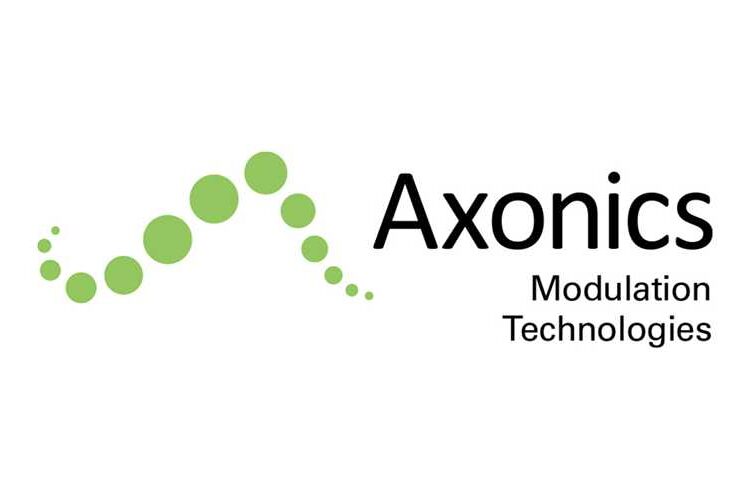Health insurers like UnitedHealth Group are seeking to control many parts of our healthcare system, creating potential conflicts of interest
- UnitedHealth Group has built a sprawling health services company that includes insurance, care delivery, and solutions.
- Optum, UnitedHealth’s care delivery and solutions unit, has acquired numerous health services companies.
- The consolidation in the healthcare system raises potential conflicts of interest and opportunities to game the system.
- Health insurers like UnitedHealth are acquiring physician practices and paying themselves as providers.
- UnitedHealth’s success has been fueled by Optum’s acquisitions of doctor practices.
- Integrated systems can help hold down healthcare costs by aligning insurers and doctors.
- Competitors and regulators have raised concerns about UnitedHealth’s dominance and potential anticompetitive practices.
- Criticism of UnitedHealth’s size and power has intensified in the wake of a massive hack on its medical claims platform.
- Vertical integration in the industry has focused on controlling the Medicare coding apparatus.
- Insurers have been accused of coding patients too aggressively and receiving questionable payments.
UnitedHealth Group, one of the largest health insurers in the U.S., has been expanding its reach beyond insurance. Its care delivery and solutions unit, Optum, has been acquiring various health services companies, including pharmacy-benefits managers, specialty pharmacies, doctor groups, and surgical centers. This consolidation in the healthcare system raises concerns about potential conflicts of interest and opportunities to manipulate the system. Health insurers are now not only paying for healthcare services but also becoming providers themselves. UnitedHealth’s success has been driven by Optum’s acquisitions of doctor practices, and the company now has ties with 90,000 doctors. While integrated systems that combine insurers and health providers can help reduce costs, there are concerns about UnitedHealth’s dominance and potential anticompetitive practices. The company’s size and power have come under scrutiny, especially after a major hack on its medical claims platform. Insurers, including UnitedHealth, have also been accused of coding patients too aggressively to receive higher payments. The consolidation and vertical integration in the healthcare industry have raised questions about the balance between providing quality care and controlling costs.·
Factuality Level: 3
Factuality Justification: The article provides a detailed overview of the consolidation in the American healthcare industry, focusing on UnitedHealth Group’s growth and its impact. However, it contains unnecessary background information, tangential details, and some biased perspectives presented as facts. The article lacks depth in analyzing potential conflicts of interest and regulatory concerns, and it includes some sensationalized statements and opinions masquerading as facts.·
Noise Level: 3
Noise Justification: The article provides a detailed analysis of the consolidation in the American healthcare industry, focusing on UnitedHealth Group’s growth and its impact on the system. It discusses the potential conflicts of interest, regulatory concerns, and the consequences of insurers acquiring physician practices. The article also touches on the antitrust investigation by the Justice Department and the criticisms faced by UnitedHealth. Overall, the article stays on topic, supports its claims with examples and data, and offers insights into the complexities of the healthcare industry.·
Public Companies: UnitedHealth Group Inc. (UNH), CVS Health Corporation (CVS), Cigna Corporation (CI), Humana Inc. (HUM), Anthem, Inc. (Elevance)
Key People: Andrew Witty (Chief Executive Officer of UnitedHealth), Dan Schumacher (Chief Strategy and Growth Officer of UnitedHealth Group), Robert Tyler Braun (Assistant Professor at Weill Cornell Medical College), Loren Adler (Fellow at the Center on Health Policy at the Brookings Institution)
Financial Relevance: Yes
Financial Markets Impacted: Health insurance companies, healthcare providers, pharmaceutical companies
Financial Rating Justification: The article discusses the consolidation and expansion of health insurance companies, specifically focusing on UnitedHealth Group. It also mentions the impact of acquisitions on the healthcare industry and potential conflicts of interest. This information is relevant to financial markets and companies in the healthcare sector.·
Presence Of Extreme Event: No
Nature Of Extreme Event: No
Impact Rating Of The Extreme Event: No
Extreme Rating Justification: ·
 www.wsj.com
www.wsj.com 




